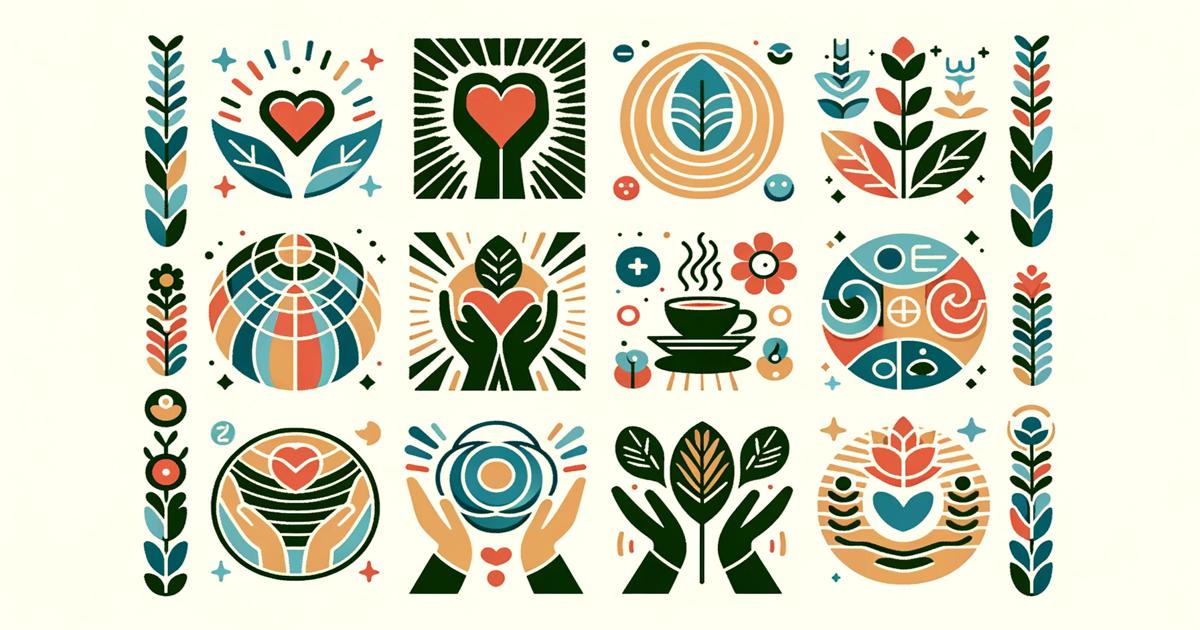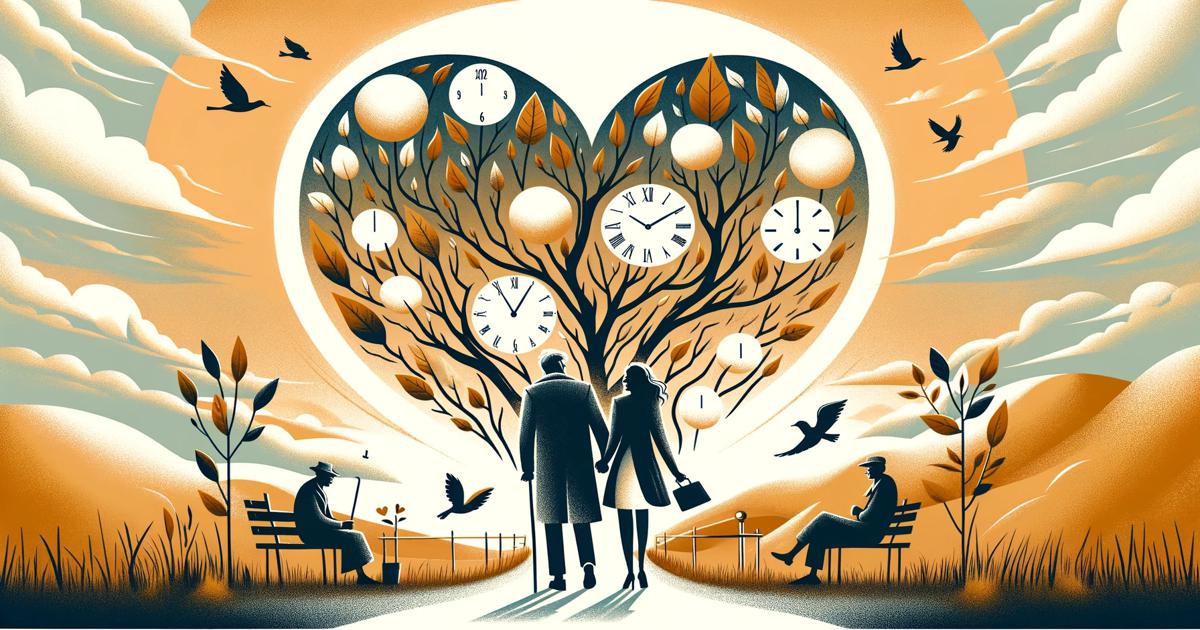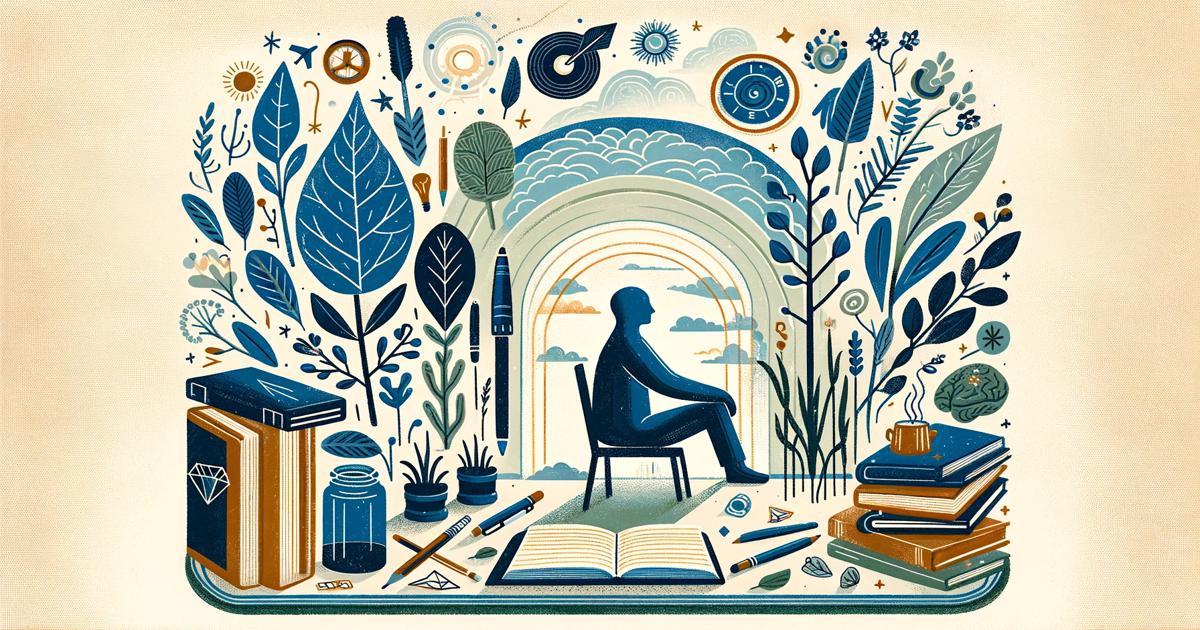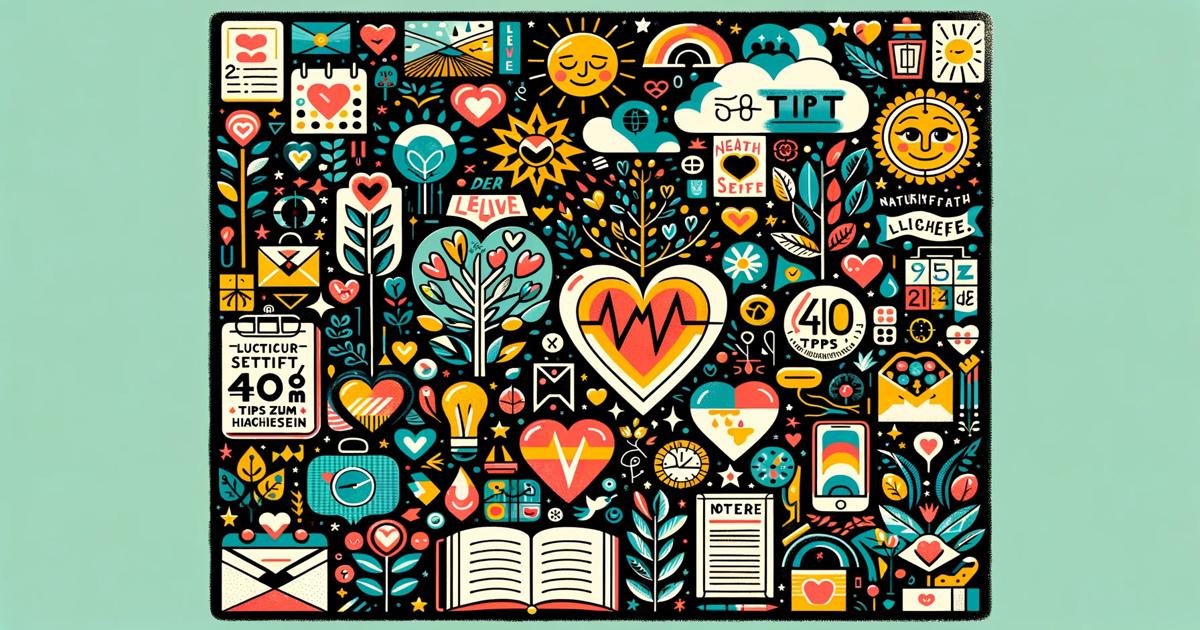2011
The Effects of Ex-Partners on new Relationships
11/12/11 by Felicitas Heyne | Filed in: Love

It‘s mostly after the first two or three failed relationships that one can‘t avoid to figure out that partners without a past relationship are difficult or not at all to come by. Once one has made it past 30 the possibility that the new love also comes attached to a bunch of kids is relatively high. After all, today every third marriage ends in divorce; some studies even suggest that soon it will be every second marriage. What are the effects of the “ex” on the new relationship? And how can a “second wife” or “second husband” deal with them?
Continue reading ...
My 10 Rules for Life
26/11/11 by Felicitas Heyne | Filed in: Happiness

Here, on iPersonic the subject of happiness in all its facets is obviously always on my mind, including the question whether there is something like a “universal formula” for being happy. Those readers who have already dealt with their personality type a little more extensively (and maybe have even read the LifeCoach for their type) already know that THE universal formula for a happy life just does not exist. Personal ambitions, aspirations and needs of various personality types are much too different. For instance, something that would make an extrovert happy could well be extraordinarily stressful for an introvert and vice versa. With this understood, every person must decide for him/herself which are the building blocks for his/her personal road to happiness. Continue reading ...
Are you a Steve Jobs personality?
15/11/11 by Felicitas Heyne | Filed in: Personality
Steve Jobs was a Groundbreaking Thinker. And what about you? Are you a Steve Jobs personality? Find out! Continue reading ...
Can Relationships with Major Age Differences work?
07/11/11 by Felicitas Heyne | Filed in: Love

Sometimes readers do send me suggestions for topics. For instance, Diana recently wrote: “Dear Felicitas Heyne, at some point I would love to read your contribution on the topic major age difference in relationships. After all, one hears about «it can really work well because so much can be learned from each other», to «hell no, this only involves emotional hang-ups». I know that this is a wide field and in the final essence, everybody has to make his/her own choice. Nevertheless, I would very much appreciate your comments. Maybe you can also recount some of your own professional experiences regarding this subject.”
Continue reading ...
Is your Relationship stuck in a Communication Loop?

In case you get your relationship caught in a communication loop, there's good news for you: it can be broken at any time! Continue reading ...
How to cope with a difficult Mother in Law
12/10/11 by Felicitas Heyne | Filed in: Love

In surveys 25 – 30% of all women regularly report that their partnership is suffering from a difficult relationship between themselves and their mother-in-law. Today experts assume that one of the two partners’ mother-in-law plays a decisive role in approximately 12.5% of all marriages ending up before a divorce court. In other words, every eight marriage (also) fails due to the mother of one of the partners. In surveys the daughters-in-law clearly outnumber the sons-in-law with their grievances. Although the latter enjoy telling ribald jokes about their mother-in-law at the regulars‘ table, all in all they generally appear to be at least satisfied when asked a little more seriously. Continue reading ...
How to make a Borderline Relationship work

Therapies for couples can be a demanding affair all on their own; for the therapist it is frequently like walking on eggshells between empathy and neutrality among the wishes of both partners and the struggle not to be made into an ally in a bad triangle. If one of the two partners is borderliner as well, as a therapist I then feel as if I am dealing with a relationship powder keg ready to explode at the smallest wrong move. Continue reading ...
Here's why we need a World Introvert Day
20/09/11 by Felicitas Heyne | Filed in: Introversion

If you have already read my past contributions on the subject introversion, you already know that introverts have a more difficult life in our, by extroverts dominated society. In addition to the increased risk to their physical and psychological health (as for instance disorders like depression, affective disorders, burnout and others) they are also less equipped to deal with stress than extroverts: They handle stress more poorly and generally are less satisfied with their life than extroverts. Consequently introverts are more easily attracted to drugs, addictive substances or prescription drug abuse and apparently also choose suicide in hopeless life situations more frequently than extroverts. Continue reading ...
How Idealists can find Meaning in their Lives

The primary aspiration of all Idealists is self-discovery and self-actualization. If you are an Idealist, life represents one continuous search for a deeper meaning: Who am I? Where am I going? What is my destiny? This already describes the most important pillar of your personal concept of happiness: The meaning of life! Continue reading ...
Idealists need a Vocation, not a Profession

There are for idealistic personality types in the iPersonic Typology: the Spontaneous Idealist, the Dreamy Idealist, the Engaged Idealist and the Harmony-seeking Idealist. You can take our free personality test to find out if you belong to one of those iPersonic personality types. If you do, only a profession that is important and worth your while is going to satisfy you in the long run. The latter was not intended to imply something material. Since you have a profound personal value system and your need for meaning in all areas of life is strong you must make sure that this aspect becomes a part of your professional every day life, as well. A pure bread-and-butter profession you only practice to make a living and without conviction – or, even worse: contrary to your innermost conviction - is a guarantee for unhappiness. Therefore, you should ask yourself whether your today‘s profession satisfies you in this regard or whether there is need for a change.
Continue reading ...
About the iPersonic Personality Test
Our free personality test is extrapolated from a typology which was originally developed by the psychoanalyst Carl Gustaf Jung and later differentiated by Isabel Meyers and Katherine Briggs. Continue reading ...
Introverted - and happy in love

Besides their profession, for most people a partnership is the most important component of their life. Research proves that a lasting, happy loving relationship is actually one of the most important, if not the most important key to individual happiness. Most of us appear to know this instinctively and therefore – except for a very few solitarily folks among us – at some point most of the singles sooner or later are again looking for a (new) partner. Introverts admittedly often hesitate longer than extroverts. For one that is because they can deal better with being alone and therefore value the advantages of being single more than extroverts. Apart from that, for them it is difficult to approach other people – and that is naturally the basic prerequisite when one is looking for a new partner!
Continue reading ...
Introverted – and happy in your Job!

In many respects an introvert’s life in today’s society is tough. In our western culture, the qualities of the extrovert are at first glance much more valued than those of the introvert: Quick, competitive, socially competent, action orientated, assertive, sociable, active … the list is almost endless. “Just do it!” the athletic company Nike’s slogan puts a point to it: Get going, move, and act! And that with a healthy dose of self-confidence, optimism, candor and a touch of the old elbow action, if you please. Then you are successful, professionally as well as privately. Then the world is your oyster, people admire you and seek your company. You are the radiant center of the party and no one has the chance to miss your professional achievements. You don’t just take the initiative and strive for quick results but you are also familiar with, and heed the old proverb: “You have to blow your own trumpet.” You cultivate contacts and networks for all they are worth and not merely in real life, in the virtual sphere of social networks, as well. You are the master of the extraversion claviature and work it with a fine ear for society’s demands and rules.
Continue reading ...
Introversion - a Health Risk?

Are you one of the introverts among our personality types? (Take our free personality test, if you're not sure!) If that is the case, you are a person who prefers to recharge his/her batteries during his/her alone time – you are one of the famous “still waters”. Because you won’t let others get truly close to you, for them it is probably not all that easy getting to know you better. You are a better listener than speaker and take your time to think before you talk. Because too much company tires you, you probably prefer a few selected friends. As opposed to the extroverts, you manage social contacts better in homeopathic doses. Retreating and being by yourself are your elemental sources of energy. Continue reading ...
How love rituals can help you improve your love life
03/06/11 by Felicitas Heyne | Filed in: Love
Learn more about the role played by rituals in our every day lives including our partnerships. Continue reading ...
40 Tips for a Happier Life

Since the end of the 90s a new branch of the science, also known as Positive Psychology has been dealing with the essentials for happiness. In order to help you find out which happiness potentials are maybe lying idle with you, I have summarized the 40 most important insights on the subject “happiness” in an abbreviated format in the following “checklist”. Continue reading ...
I don't want to live anymore
21/04/11 by Felicitas Heyne | Filed in: Crisis

This comment to one of my articles motivated me to comment on the subject of suicide. If you are one of those people who either happen to harbor the thought about suicide as you read this or frequently think about suicide because you wonder whether suicide might be a suitable solution for a momentary personal crisis, I would like to offer a few (hopefully helpful) thoughts. Continue reading ...
Give your life a meaning
As the only living creature aware of its finiteness, and so as not to despair, the human being must give its existence meaning. Continue reading ...
Am I a burnout? What can I do about it?

The concept Burnout (syndrome) has become a major element of our every day vocabulary. The Californian psychologist Christina Maslach first examined it in 1976. She identified the syndrome’s three components. Continue reading ...
Do what you enjoy doing!

The American psychologist Mihály Csikszentmihályi did research on the subject of happiness in the middle 70s and came to the conclusion that people experienced the most happiness when they were in a state that he called „Flow“. Flow means that we are totally immersed in an activity while everything else becomes secondary. Time and space, even our own needs recede and lose their significance. We are totally concentrated, the task completely absorbs us, and we merge with whatever we are doing, so to speak. This is indeed an important character strength for the achievement of your happiness: Enthusiasm! Enthusiasm represents the ability to meet the world with excitement and energy, to be totally involved with what one happens to be doing at the time. Continue reading ...
How career profiling can improve your job satisfaction

As in all other areas of your life, your personality plays a decisive role in the things you enjoy or don’t enjoy. It plays a role in why you are more successful in a particular area with less effort and why some areas might be more difficult for you and require more effort. Your personality affects how you affect others and how you see them. In addition to your personal partnership, your profession should ideally be the second sustaining mainstay in your life. Continue reading ...